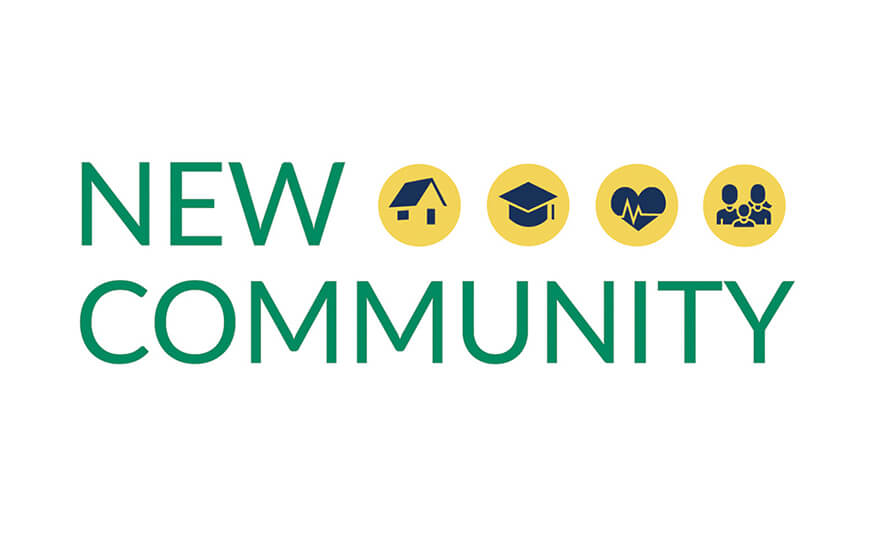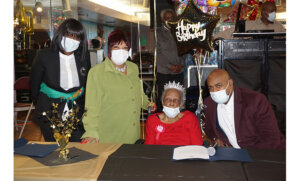When Walt Disney released The Lion King in 1994, it touched the hearts of millions of viewers across the world. The songs, the story line and everything about the movie showed Disney’s classics at its best. Yet beyond all the animation and amazement, the message conveyed was a strong and undeniable truth of life: it’s a circle and we all will complete our journeys at different times. Loss and mourning are difficult and can often trigger your own feelings of mortality. Loss of a loved one is painful and is something that no one can really ever prepare for fully.
Loss can come in many ways—divorce, job loss, even a job promotion sometimes is a change that needs adaptation. Oftentimes loss is associated with death. Grieving is the inevitable process of loss. All living beings are bound to experience death and in spite of knowing that, we all struggle with grief. Grief has five stages—ranging from denial, anger, bargaining, depression and acceptance—that were first proposed in 1969 by Elisabeth Kübler-Ross. Since then there have been variations of the stages. Grief is one of the foremost reasons for people seeking counseling.
While the stages of grief do not necessarily follow a precise order (and some may not experience all stages), it is helpful to view the stages as a guide as to where you are in the process:
Denial — One of the first reactions is denial, wherein the survivor imagines a false, preferable reality.
Anger — When the individual recognizes that denial cannot continue, he or she becomes frustrated, especially at proximate individuals. Certain psychological responses of a person undergoing this phase would be, “Why me? It’s not fair! How can this happen to me? Who is to blame? Why would God let this happen?”
Bargaining — The third stage involves the hope that the individual can avoid a cause of grief. Usually, the negotiation for an extended life is made with a higher power in exchange for a reformed lifestyle. Other times, they will use anything valuable against another human or agency to extend or prolong the life. People facing less serious trauma can bargain or seek compromise.
Depression — During the fourth stage, the individual becomes saddened by the certainty of death. In this state, the individual may become silent, refuse visitors and spend much of the time mournful and sullen. “I’m so sad, why bother with anything? I’m going to die soon so what’s the point? I miss my loved one, why go on?”
Acceptance — In this last stage, individuals embrace mortality, an inevitable future, or that of a loved one, or other tragic event. People dying may precede the survivors in this state, which typically comes with a calm, retrospective view for the individual, and a stable condition of emotions. “It’s going to be okay. I can’t fight it, I may as well prepare for it.”
The process of grieving is as unique as each individual – adults and children both. Yet the most crucial part is that we do need to take a moment at the time of loss to give permission to ourselves to feel the pain and to acknowledge that you need to take care of yourself. Often adults are more concerned about their children and try to get counseling services for them, however it’s a fact that children in all their innocence show behaviors and feelings that they observe in their home by the adults they trust.
At every step, you are not alone and there is help available. Family Service Bureau of Newark works with families and individuals to address and assist in the grieving process. Trained, licensed clinicians work diligently to ensure quality treatment. Throughout each stage, a common thread of hope emerges: As long as there is life, there is hope. As long as there is hope, there is life. You can reach us at 973-412-2056.


